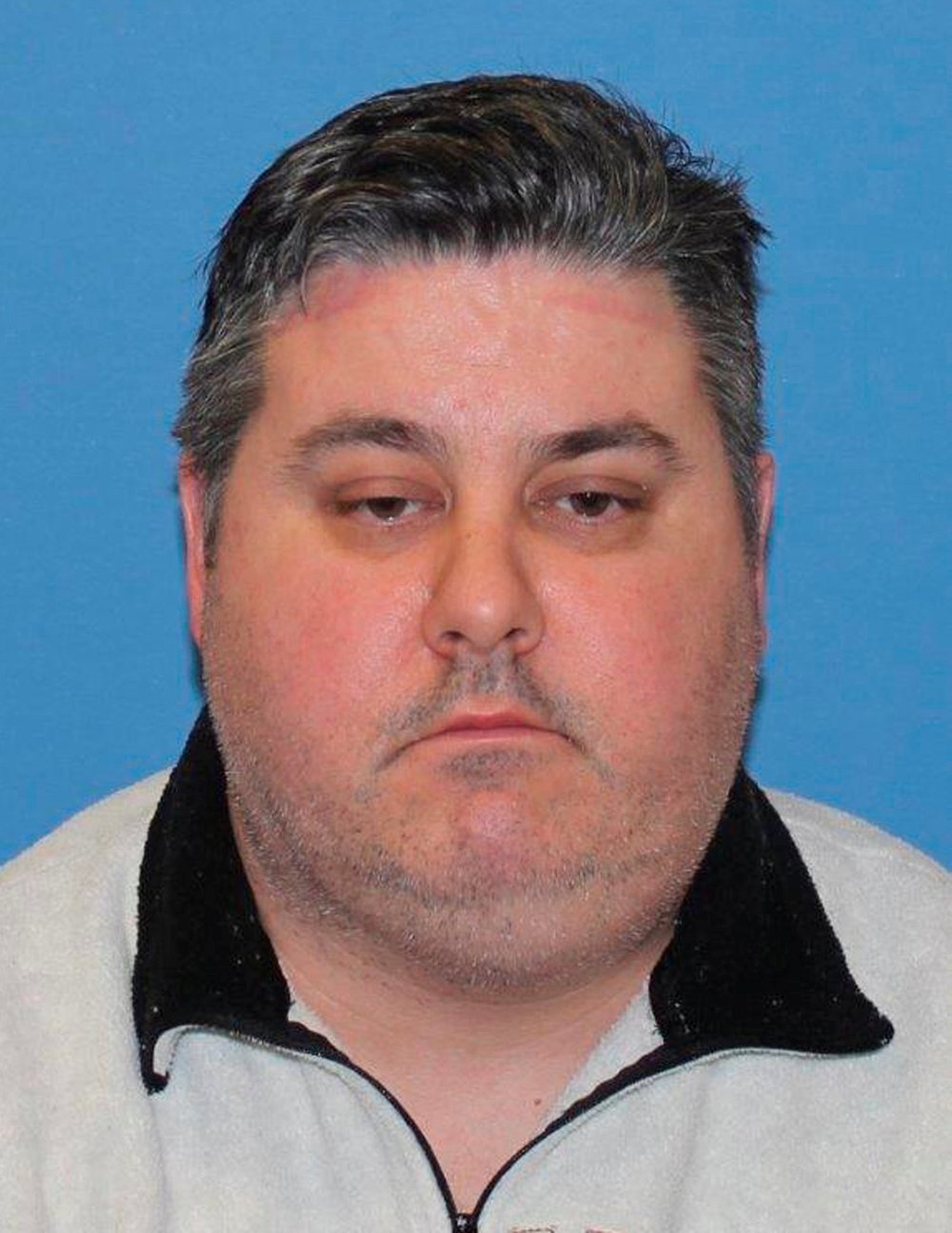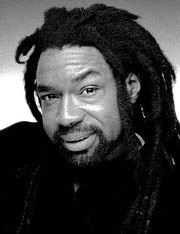White Rikers Cop Gets 30 Yr Sentence for Murder of Restrained Black Man: Kicked him in the Head Over & Over Again
/
From [HERE] and [HERE] A Manhattan federal judge on Wednesday imposed a 30-year prison sentence on Brian Coll, the white Rikers Island guard convicted last year of violating the civil rights of a restrained Black inmate by repeatedly kicking him in the head and causing his death.
“Any reasonable person knows that savagely and repeatedly kicking a person in the head creates a high risk of death or serious bodily injury,” U.S. District Judge Loretta Preska said. “There was nothing accidental or negligent about this.”
Preska imposed the sentence after prosecutors had called for a sentence of close to 30 years, citing Coll’s lack of remorse and the need to send a message about violence at Rikers.
They said Coll got a teardrop tattoo after Spear’s death to memorialize the incident and kept a framed picture of Spear and a news article on his death on his wall.
The officer, Brian Coll, 48, kicked the inmate, Ronald Spear, repeatedly in the head while other officers held him face down on the floor, according to testimony and other evidence at the trial, which ended in December.
Mr. Coll then lifted Mr. Spear’s head and leaned in close, one witness, a fellow correction officer, testified. “This is what you get,” the witness, Anthony Torres (also a correction officer) said Mr. Coll told Mr. Spear, using an expletive. “Remember I did this.”
Mr. Torres had jumped in when the seriously ill Spears got into a fight with Coll, early one morning in December 2012.
Mr. Torres broke into tears as he testified about what happened next. He said Mr. Coll began to kick Mr. Spear repeatedly on the side of the head. Mr. Torres said Mr. Coll then pulled up Mr. Spear’s head and leaned forward. “This is what you get,” Mr. Coll told Mr. Spear, using an expletive. “Remember I did this.”
Mr. Coll was wearing heavy work boots at the time and Mr. Spear was being pinned face down on the ground by two officers, Jeannette A. Vargas, a proscutor explained to the jury.
“He kicked him again and again,” Ms. Vargas said. “He kicked him so hard that Mr. Spear started bleeding on the inside of his skull.”
Mr. Spear’s death in December 2012 was seen as highlighting the culture of violence and the code of silence among guards that has long existed at Rikers.

Mr. Spear, who was 52 at the time of the attack, was a pretrial detainee who had been at Rikers for about three months. Ms. Vargas told the jury that Mr. Spear was “seriously ill” with diabetes, heart disease and end-stage renal disease that required regular dialysis. He usually walked with a cane, she said, and wore a bracelet indicating he was at “risk of fall.” [MORE]
Prosecutors had said that Mr. Coll lied repeatedly after the assault, claiming Mr. Spear had attacked him with a cane, and persuading other officers to lie as well. Mr. Coll was also convicted of charges that included obstruction of justice and falsifying records.
New York City paid $2.75 million to settle a lawsuit filed by Mr. Spear’s family. The city also ultimately settled a class-action lawsuit that had been brought by the United States attorney’s office, the Legal Aid Society and a private law firm; the settlement mandated systemwide reforms at Rikers.
Mr. Spear’s death came at a time of increased attention on violence in the city’s jails, including by the office of Preet Bharara, the United States attorney in Manhattan, class-action lawyers and the news media. Last year, a federal judge approved a settlement of a lawsuit in which the city agreed to far-reaching reforms, including the appointment of a monitor, to address pervasive brutality in the jail complex.
The United States attorney’s office in Manhattan, which has made violence at Rikers a focus of its civil rights investigations and prosecutions, said Mr. Coll should receive a “significant” sentence “well beyond” the roughly four to six years Mr. Coll’s lawyers have recommended.
The jury found that Mr. Coll had deprived Mr. Spear of his constitutional right to be free from excessive force and that Mr. Coll’s actions had resulted in Mr. Spear’s death — for which he can face up to life in prison.
“Coll’s conduct was brutal; it was violent, it was willful, and it was callous,” the office of Joon H. Kim, the acting United States attorney, wrote.
Mr. Coll’s lawyers, Sam A. Schmidt and Joshua L. Dratel, argued in their sentencing memo that Mr. Coll’s conduct was not “a premeditated, unprovoked assault, but was instead a spontaneous, albeit ultimately unlawful, reaction to a physical encounter initiated by Mr. Spear.”
Mr. Coll, in a handwritten letter to the judge, said he felt “truly terrible about what happened that night and I was shocked and surprised that Mr. Spear lost his life.”
His lawyers also argued that Mr. Coll had no history of abusing inmates and that the cover-up was not orchestrated by him “but was instead a function of the culture firmly in place at Rikers Island."
Prosecutors called that argument “meritless,” adding: “Coll lied in order to protect himself. That is not so much the product of a corrosive culture as it is the product of self-preservation and a casual disregard for the truth.”






























































































































































































































































































